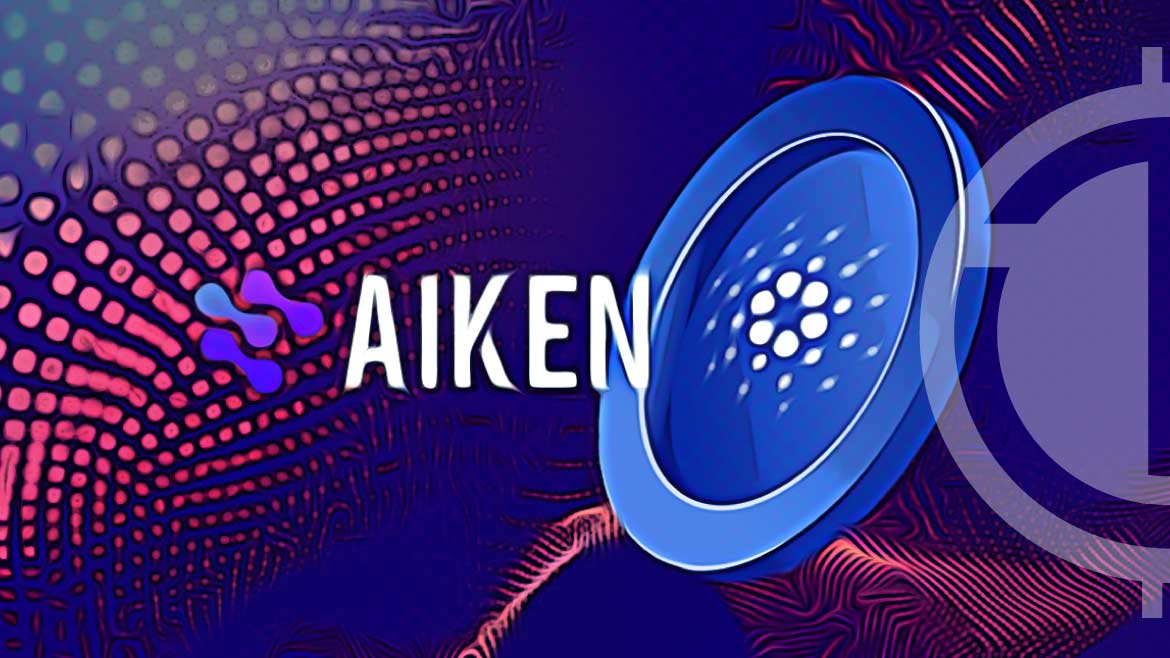Cardano (ADA) has announced the launch of its open-source Aiken programming language and toolchain’s Alpha phase. An open-source smart contract language and toolchain, Aiken tends to simplify and enhance smart contracts’ development on Cardano.
Cardano’s Aiken programming language tends to solve the issues faced with the Haskell Plutus platform, smart contracts’ debugging, and interoperability. Cardano explained what issues Aiken solves in a tweet:
What problems is #Aiken solving?
— Cardano Community (@Cardano) April 13, 2023
❌Difficulty setting up, learning, and using the Haskell #Plutus platform
❌Hard to debug #smartcontracts and low-level blockchain interactions
❌Poor interoperability with other off-chain languages other than #Haskell
Elaborating on the solutions to the incumbent predicaments offered by Aiken, Cardano stated that the use-based challenges posed by Plutus are significant. As per the tweets by Cardano, It is a challenge to use Plutus “with other languages for off-chain code.” Cardano continued to state that Plutus also doesn’t let teams work efficiently with “usual tools & languages.”
Aiken, Cardano stated, leverages on Plutus via the IOG research. Since it is interoperable, it directs attention towards the “on-chain code” to simplify the integration across any “off-chain infrastructure stack.”
Adding further to the list of solutions offered by Aiken, Cardano stated that it is “easy to learn” and “purely functional.” Its state-of-the-art features are optimized for developers’ experience. Aiken offers a seamless integration across various tools and languages, with efficient tooling modularity to use the features and functions as per the actual need, stated Cardano.
“Purpose-built for #Cardano,” Aiken hosts various domain-centric conveniences to simplify the development process and make it efficient. In that, Aiken features a “quick compiler feedback, automatic code formatting, language server with editor integrations,” as per Cardano. Cardano also stated that Aiken generates documentation via code comments, and has an “interoperable and portable binary specification format (CIP-0057).”
Aiken operates by making its compiler accept Aiken-written code. It then checks it to give Untyped Plutus Core (a.k.a UPLC) programs’ outputs that the Cardano ledger interprets upon validating transactions. Audits to make Aiken fulfill the enterprise-grade toolkit standards would also ensue, per Cardano.






